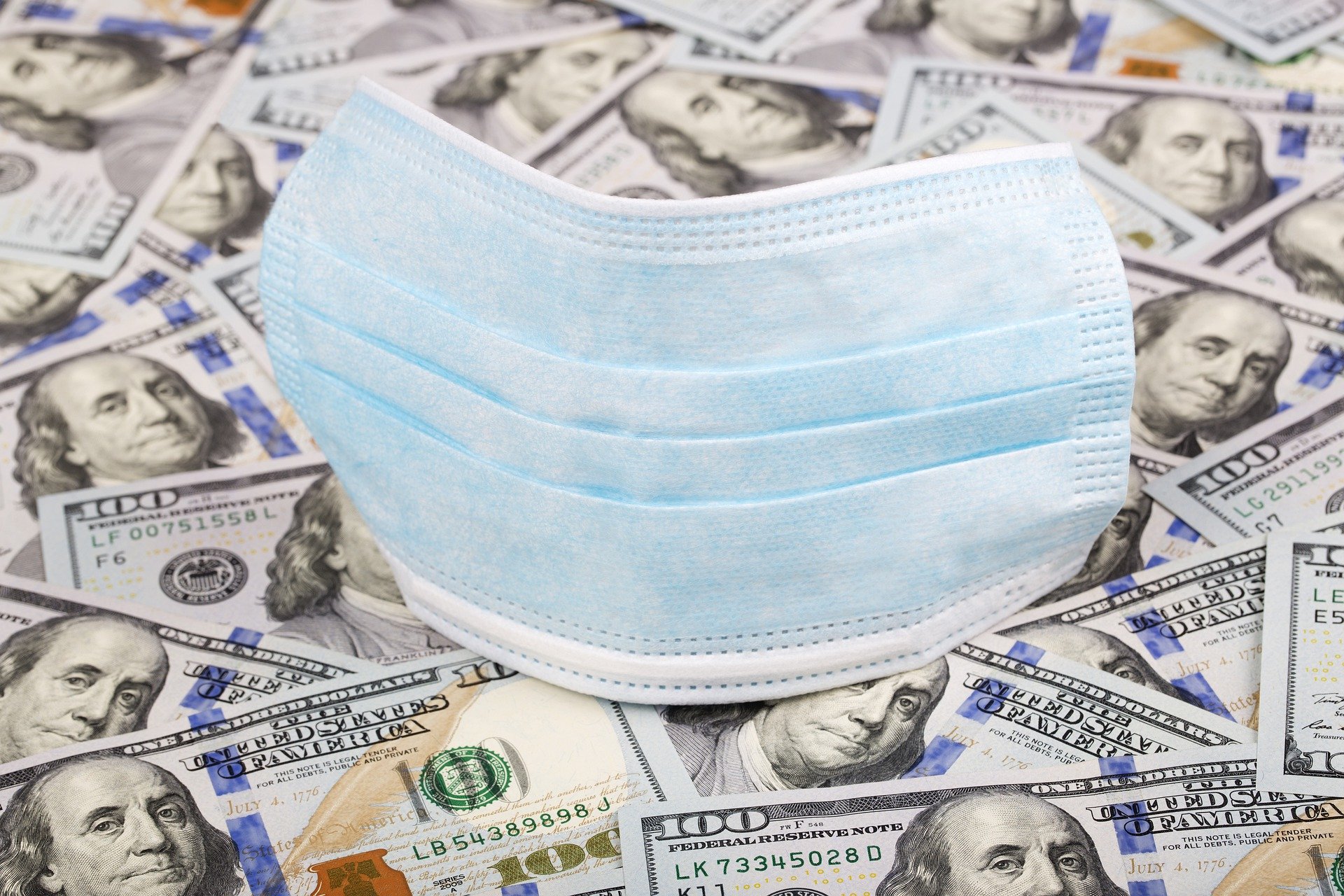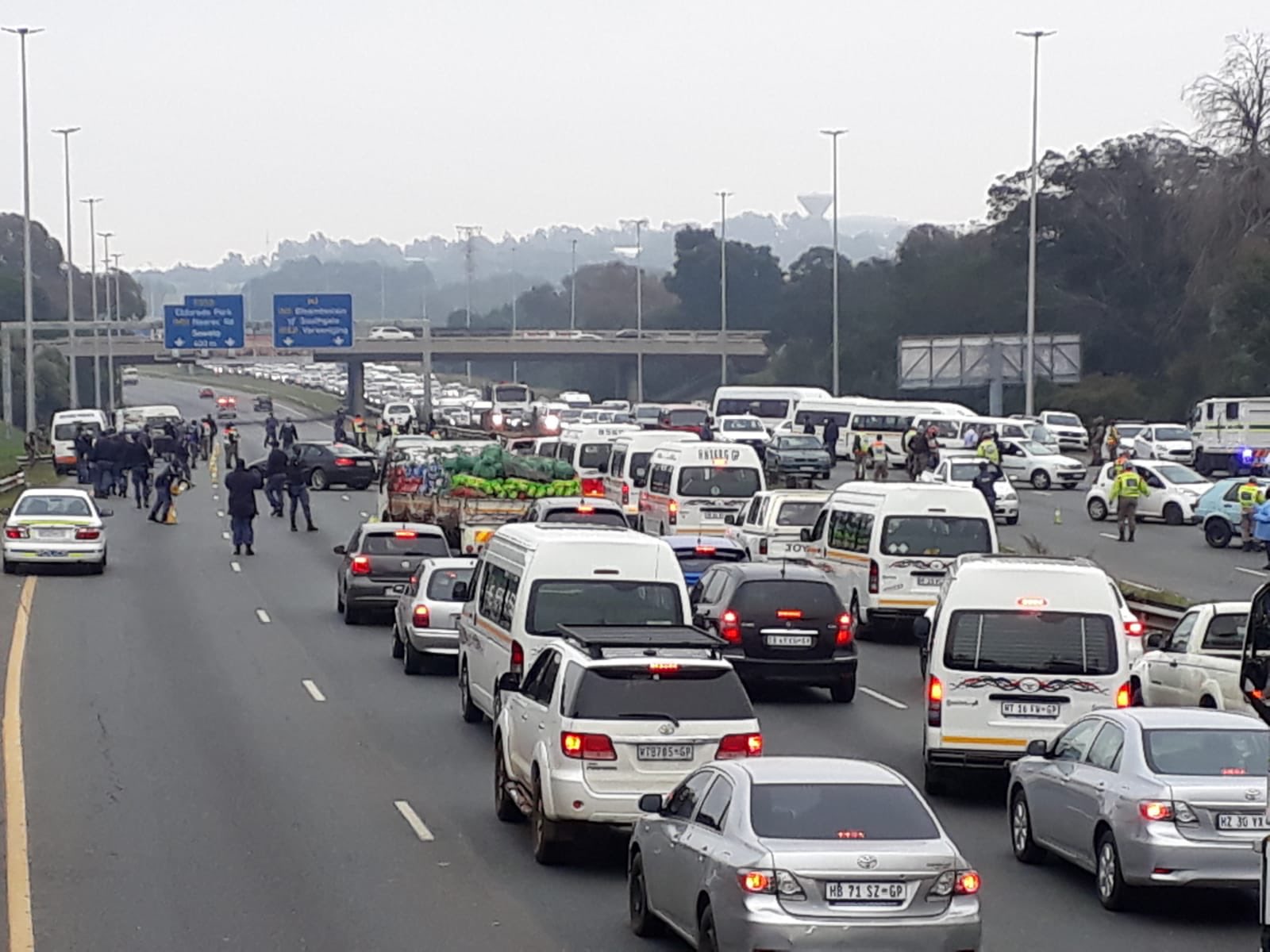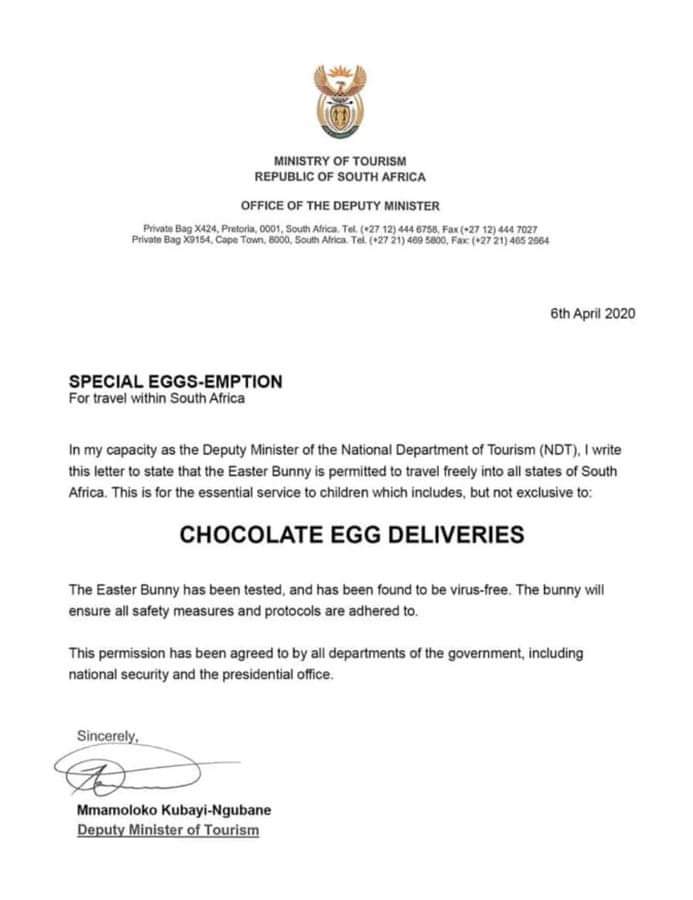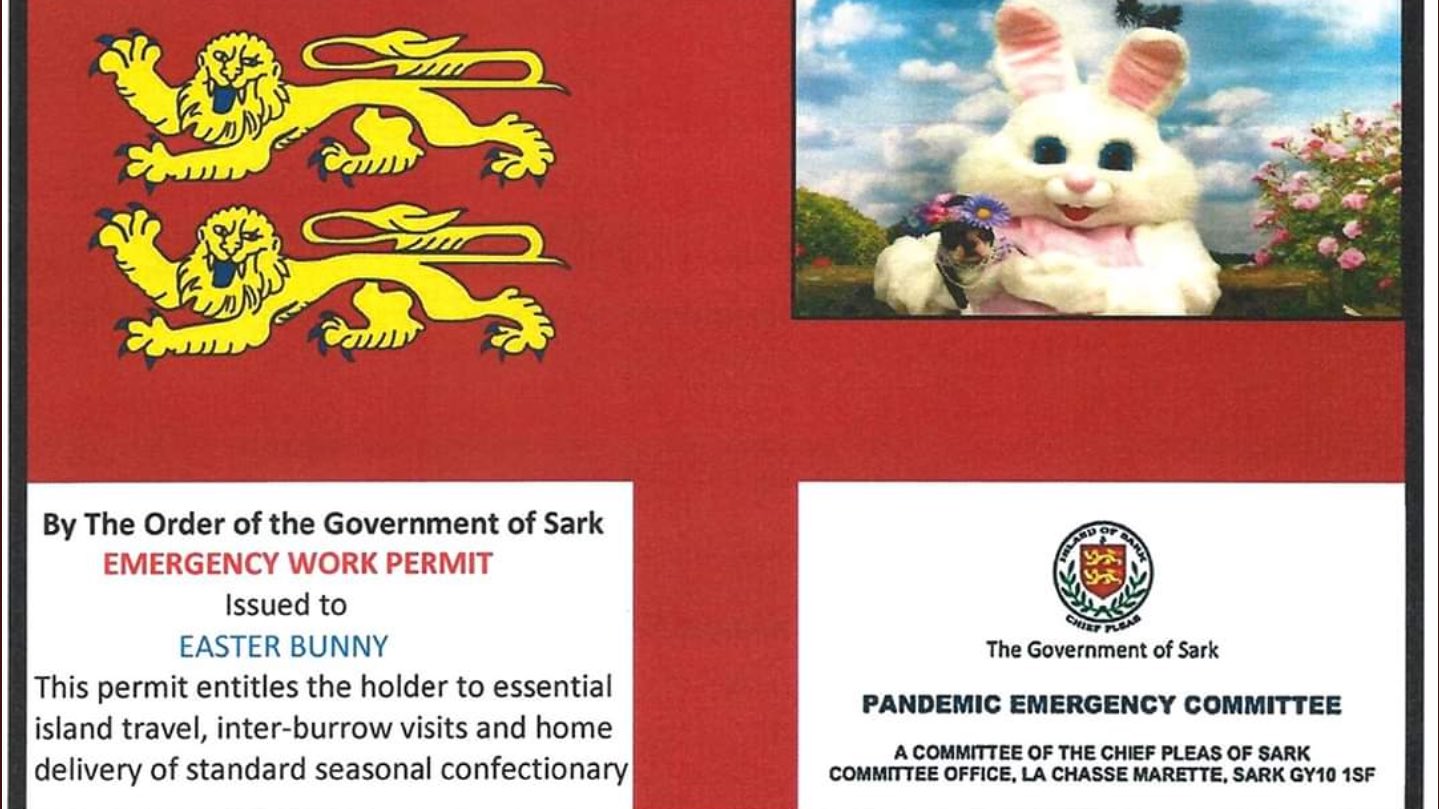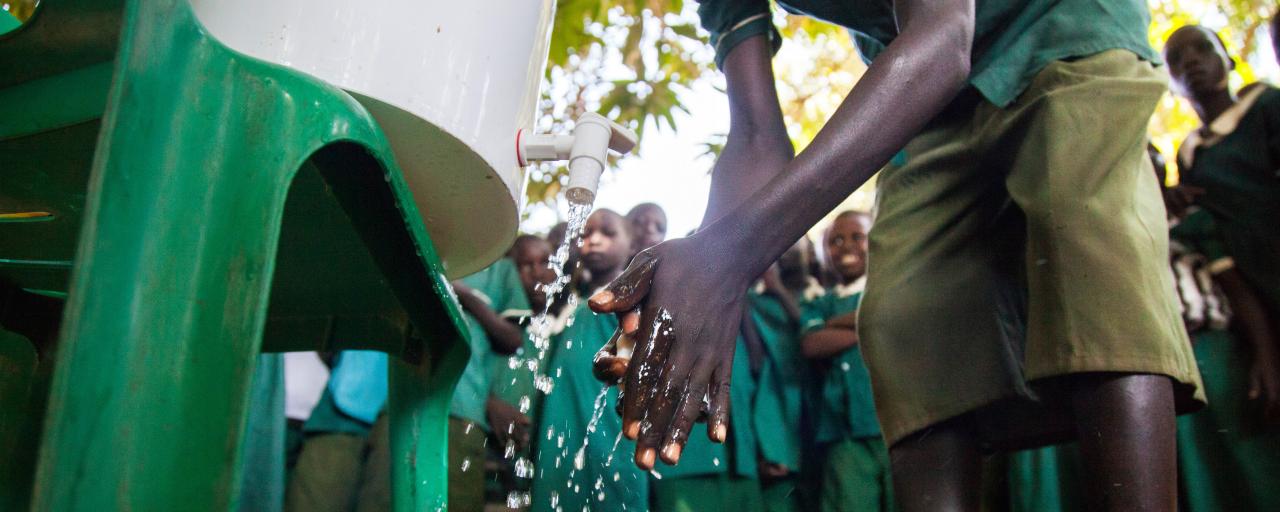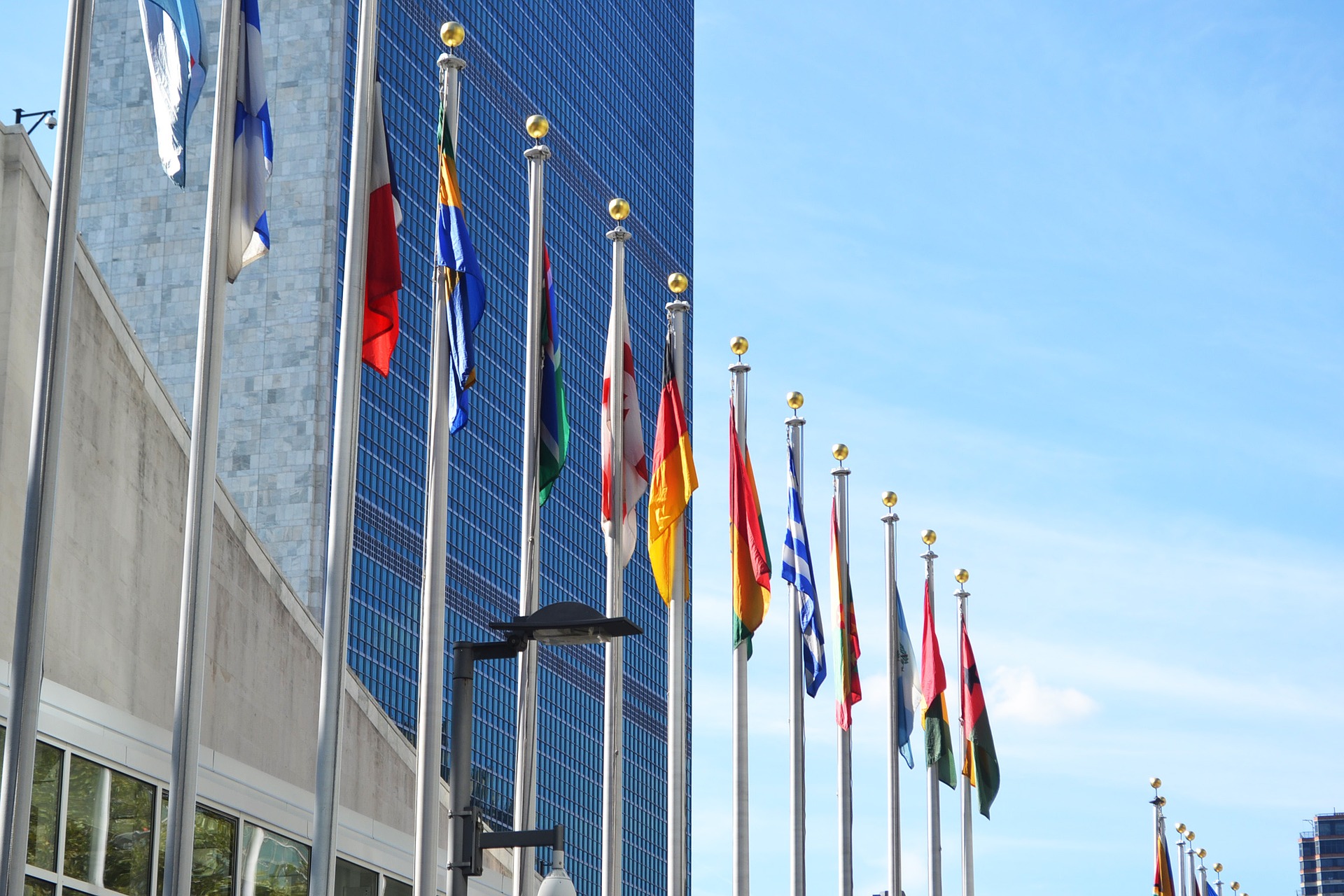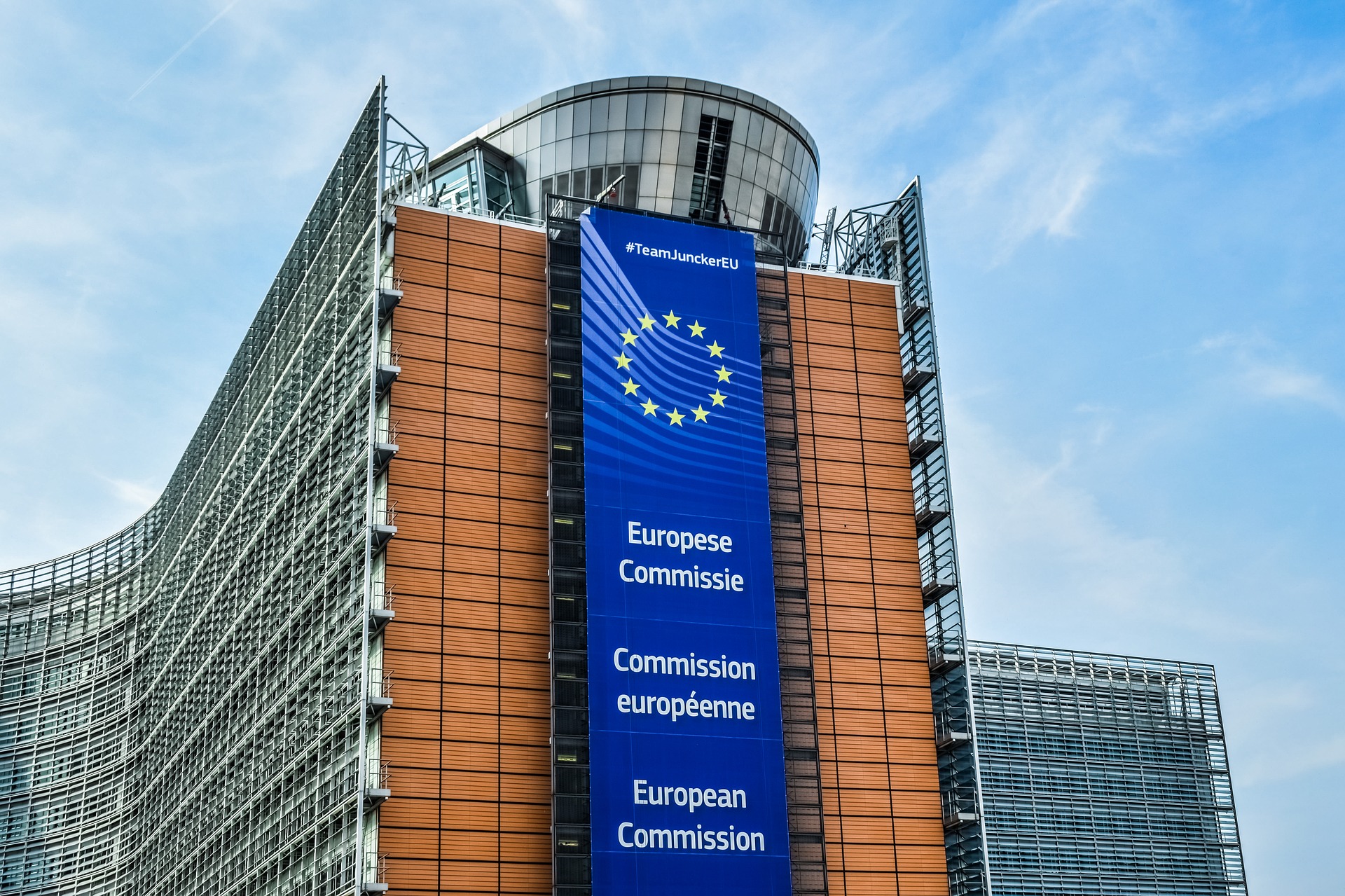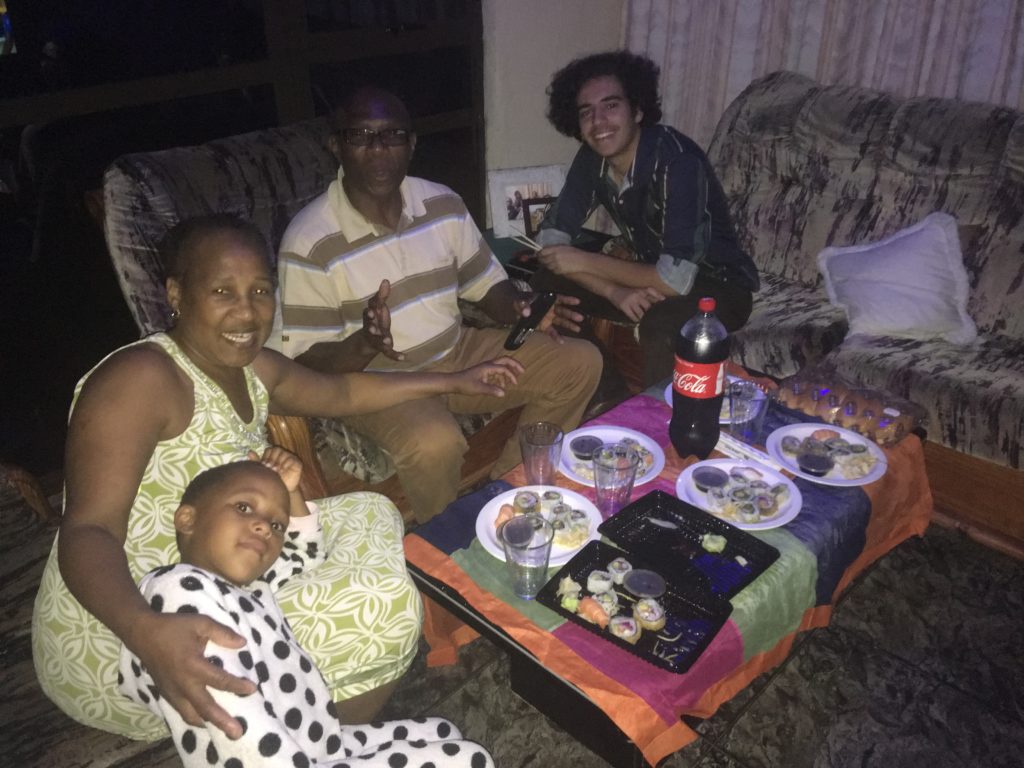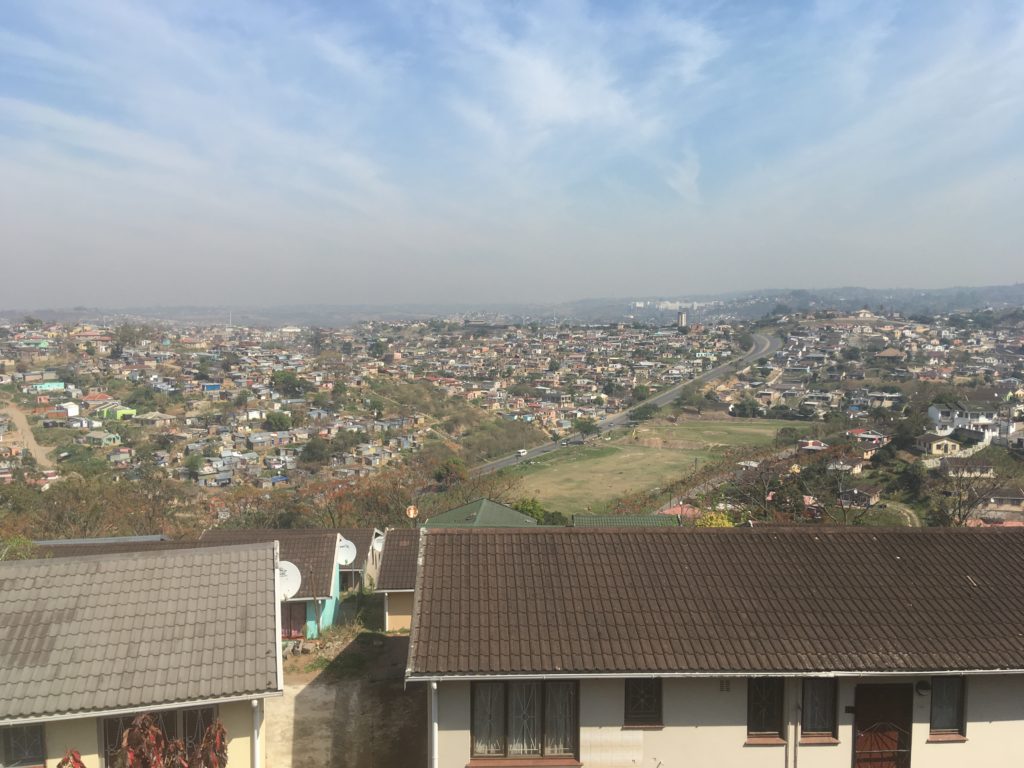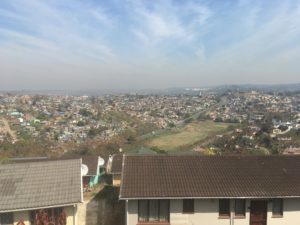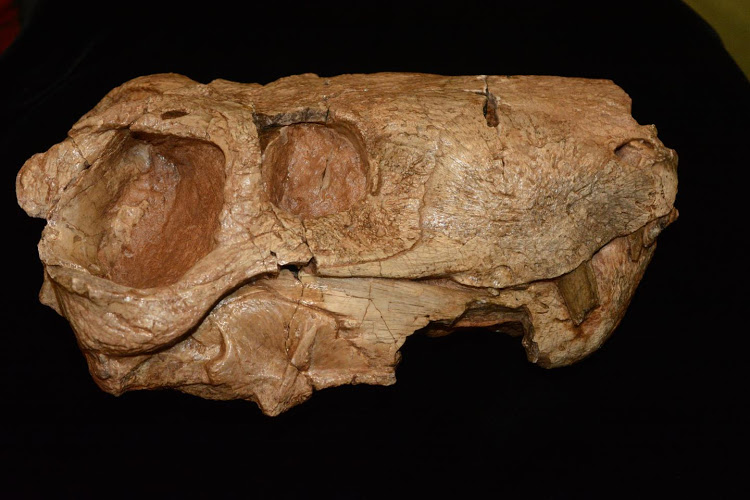By: Laura Peterjohn
MAIN IMAGE: Ramaphosa addresses South Africa in a national broadcast on Thursday night, detailing a 5-stage plan aimed to re-start the economy while easing the nation’s lockdown. SOURCE: Siyabulela Duda/GCIS
South African President Cyril Ramaphosa has unveiled plans to begin easing the country’s lockdown in a week’s time.
On Thursday night Ramaphosa addressed the nation, revealing a 5-stage plan to move South Africa out of its 35 day lockdown and help re-start the economy.
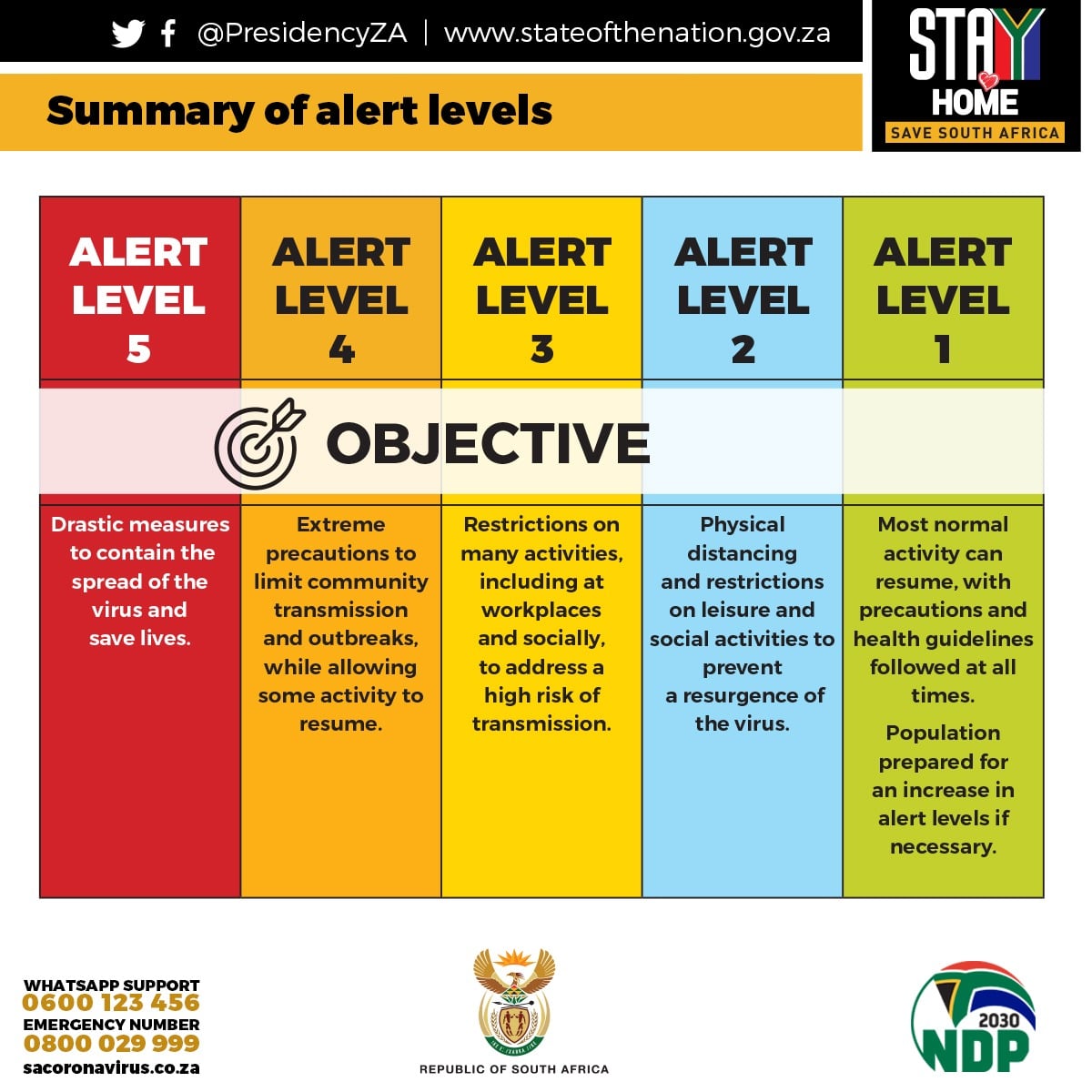
From 1 May, South Africa will move from level 5 to level 4 which will allow for the relaxation of some restrictions and the gradual re-opening of businesses. The Daily Maverick reports that food retail stores will be able to sell all products normally sold in their stores (there have been severe restrictions on what can be sold under the hard lockdown), mines will begin to reopen, and schools will begin to reopen in phases.
Businesses will be permitted to open in a gradual manner, reports CNBC Africa. Before allowing workers to return to work, strict sanitation protocols must be observed to prepare the workplace. But workers will not be allowed to resume work in batches of more than one-third. This is in order to maintain strict social distancing guidelines.
The sale of cigarettes will also resume.
Bars, shebeens, conference and convention centres, entertainment venues, cinemas and theatres will stay closed. Concerts, sporting events, and religious, cultural and social gatherings other than funerals will all still be not permitted.
South Africa will also keep its border closed to all international travel, except for repatriation of South African nationals and foreign citizens. Travel between the provinces will remain forbidden except for the transport of goods.
The Daily Maverick reports that though Ramaphosa aims to begin the re-opening of SA, the virus peak is still expected to be months away and people should expect the lockdown to fluctuate between levels 5 and 3 until September.





